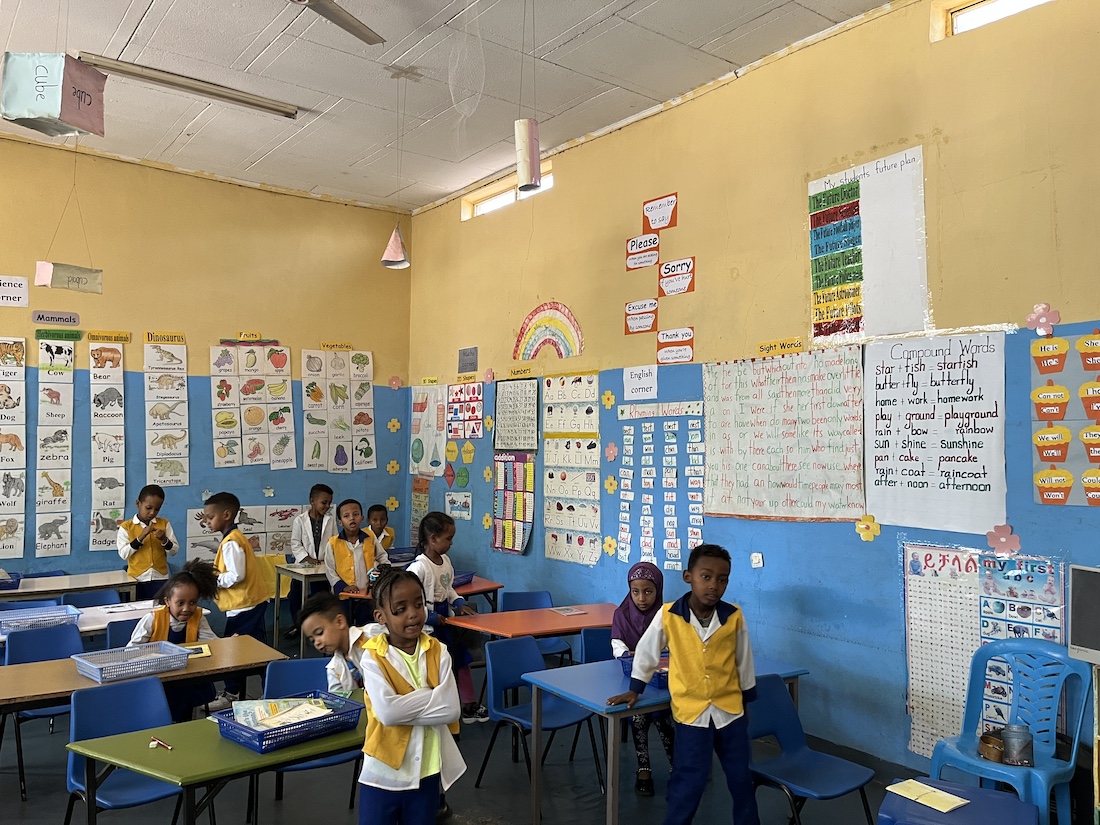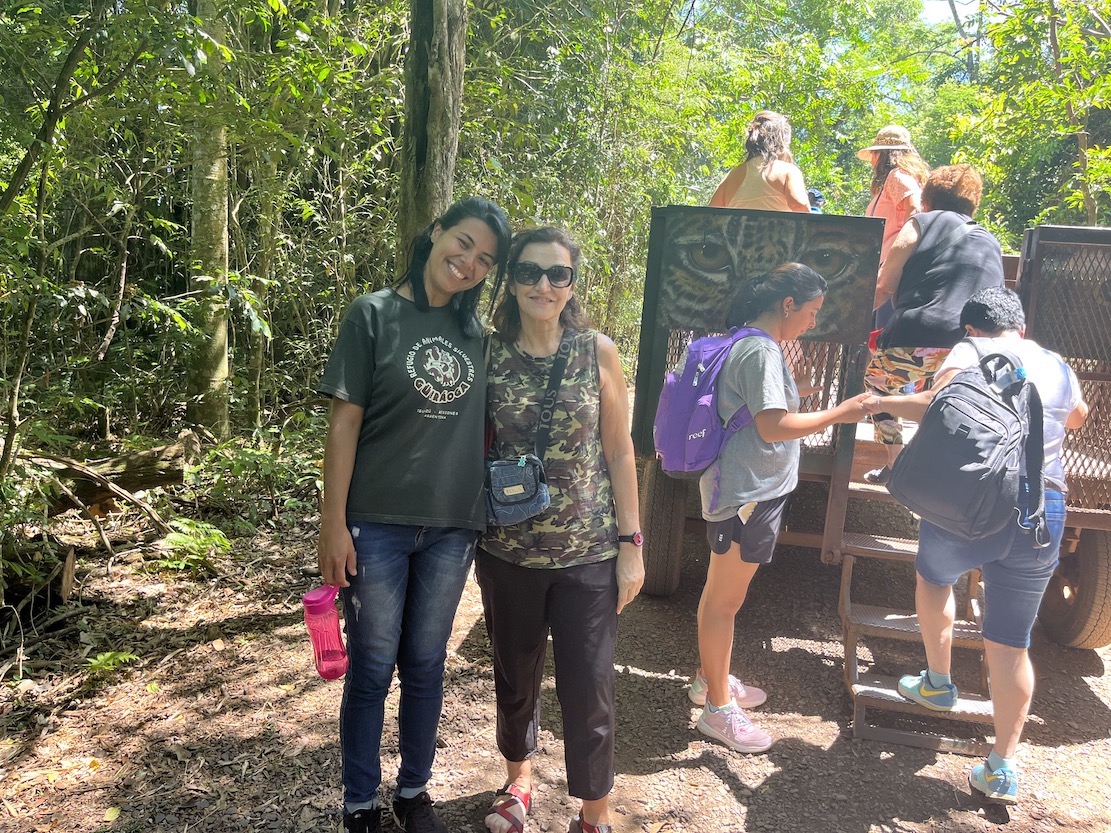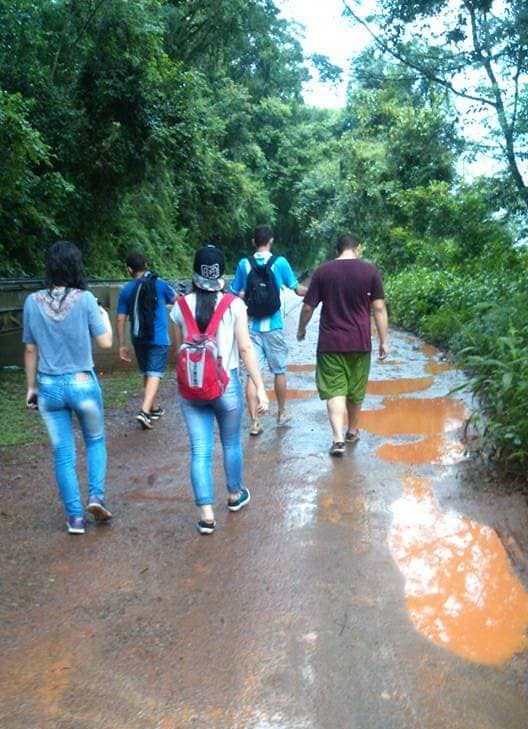
Dr.P
August 16, 2023
“Volunteer Education involves the instruction and acquisition of skills related to volunteering on a global scale. At this level, individuals learn various forms and approaches to education, including cultural education and reflective techniques, to make the volunteering experience more enriching.”

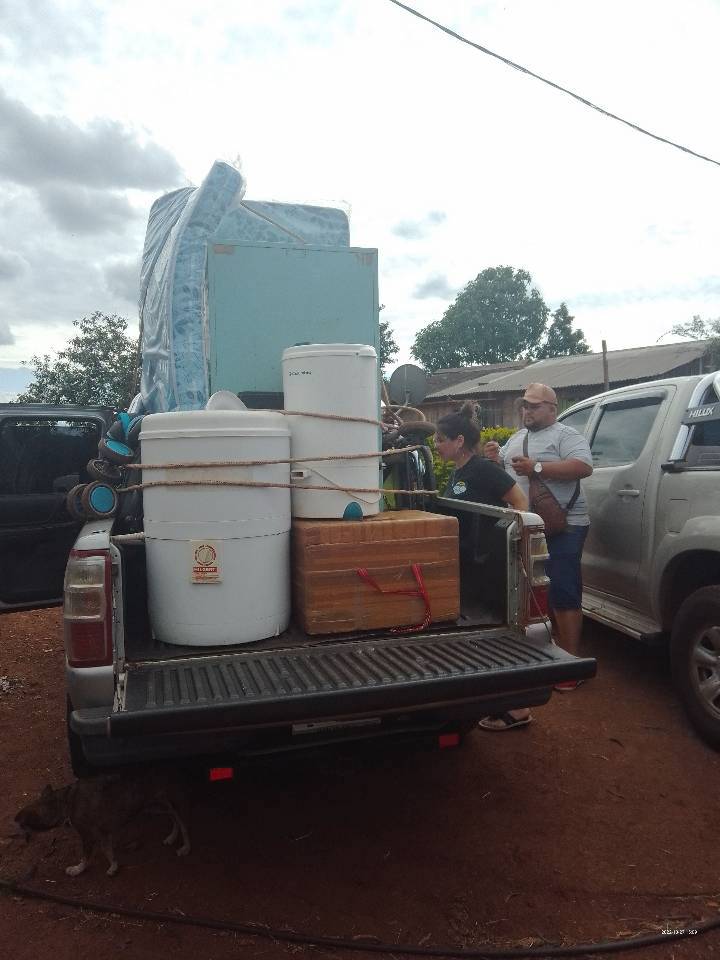

Why is volunteer education important??
Because we don’t learn in a vacuum. There are circumstances that occur during the experience that certainly need to be understood and interpreted. It is crucial not only to have knowledge of the volunteer place before arriving to the site but to keep learning and understanding the dynamics of the experience along the way. To ensure a successful experience, it’s best to have an experienced educator or facilitator available to provide guidance and support to volunteers.

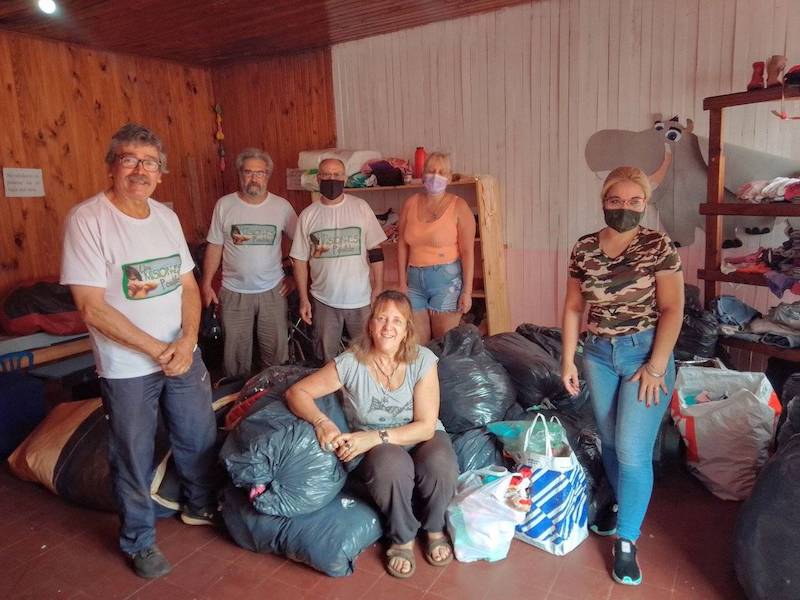
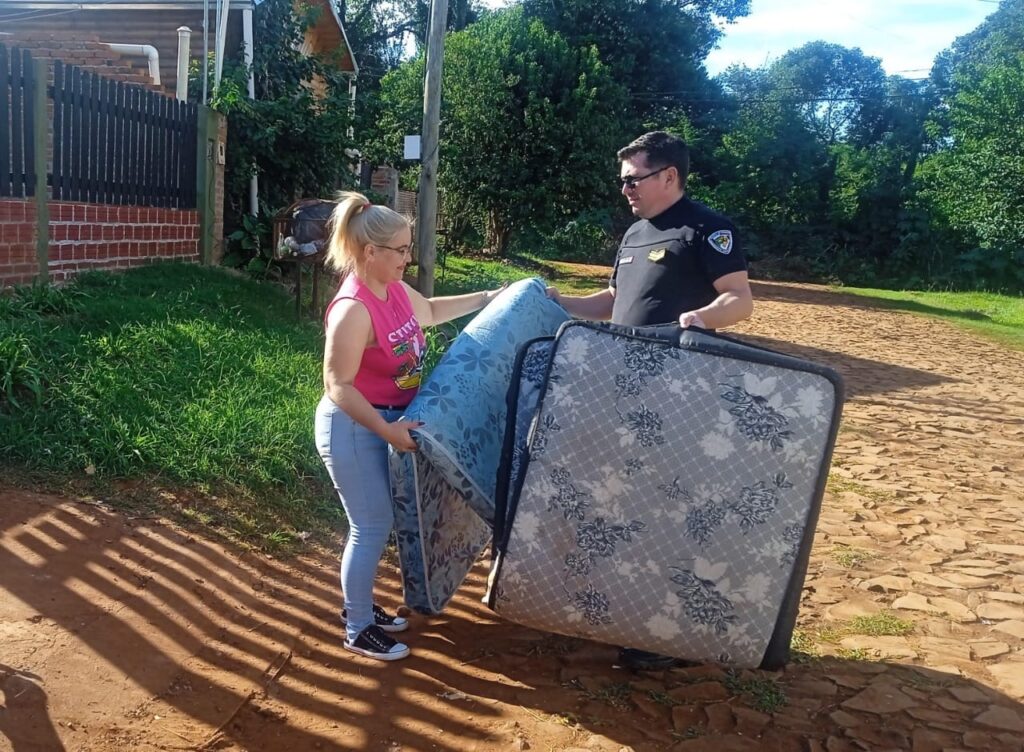
VOLUNTEERING AND THE ROLE OF THE FACILITATOR
A facilitator is someone who helps the student, group, work together to achieve a common goal, such as learning, productivity, and or communication. Facilitators do this by providing guidance, supervision, and indirect assistance during meetings or discussions. Facilitators are often neutral and don’t take a position in the discussion. Instead, they focus on the group process, such as how the group works together to solve problems, make decisions, and perform tasks. In formal educational settings, such as in a university Service Learning Program Abroad, the facilitator might take his or her role a step up teaching some academic content.
EXPERIENTIAL LEARNING AND THE ROLE OF THE FACILITATOR
A facilitator in experiential learning plays a crucial role in guiding participants through hands-on experiences to enhance their understanding and skill development. With a professional tone, it is important to highlight that facilitators create a supportive environment where learners can engage actively, reflect on their experiences, and gain insights that lead to meaningful learning outcomes. By asking thought-provoking questions, providing clarity when needed, and encouraging collaboration, facilitators help participants connect theory to practice, fostering a deeper level of comprehension and retention. Their expertise in designing experiential activities and facilitating discussions enriches the learning process, making them instrumental in creating impactful learning experiences.



It is of utmost importance to be adequately prepared and equipped to fulfill our responsibilities while volunteering, as this greatly influences the positive impact we can make. In the realm of volunteering, relying on improvisation can often lead to negative consequences, particularly in educational volunteering. To prevent misunderstandings with the local community, which are often a result of insufficient knowledge and preparation, it is crucial to prioritize clear communication and interpretation. Improvisation should only be employed in emergency scenarios or when assisting individuals who lack knowledge.
Academic knowledge and experience are key in the learning process…ALWAYS!
